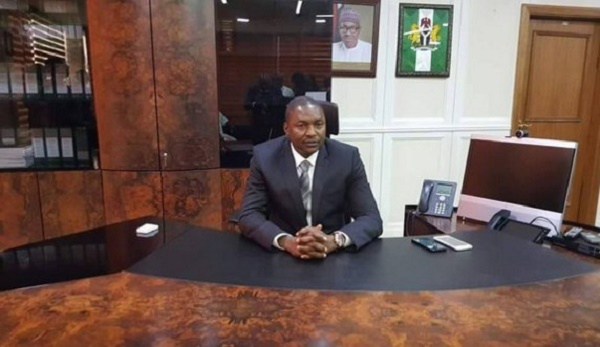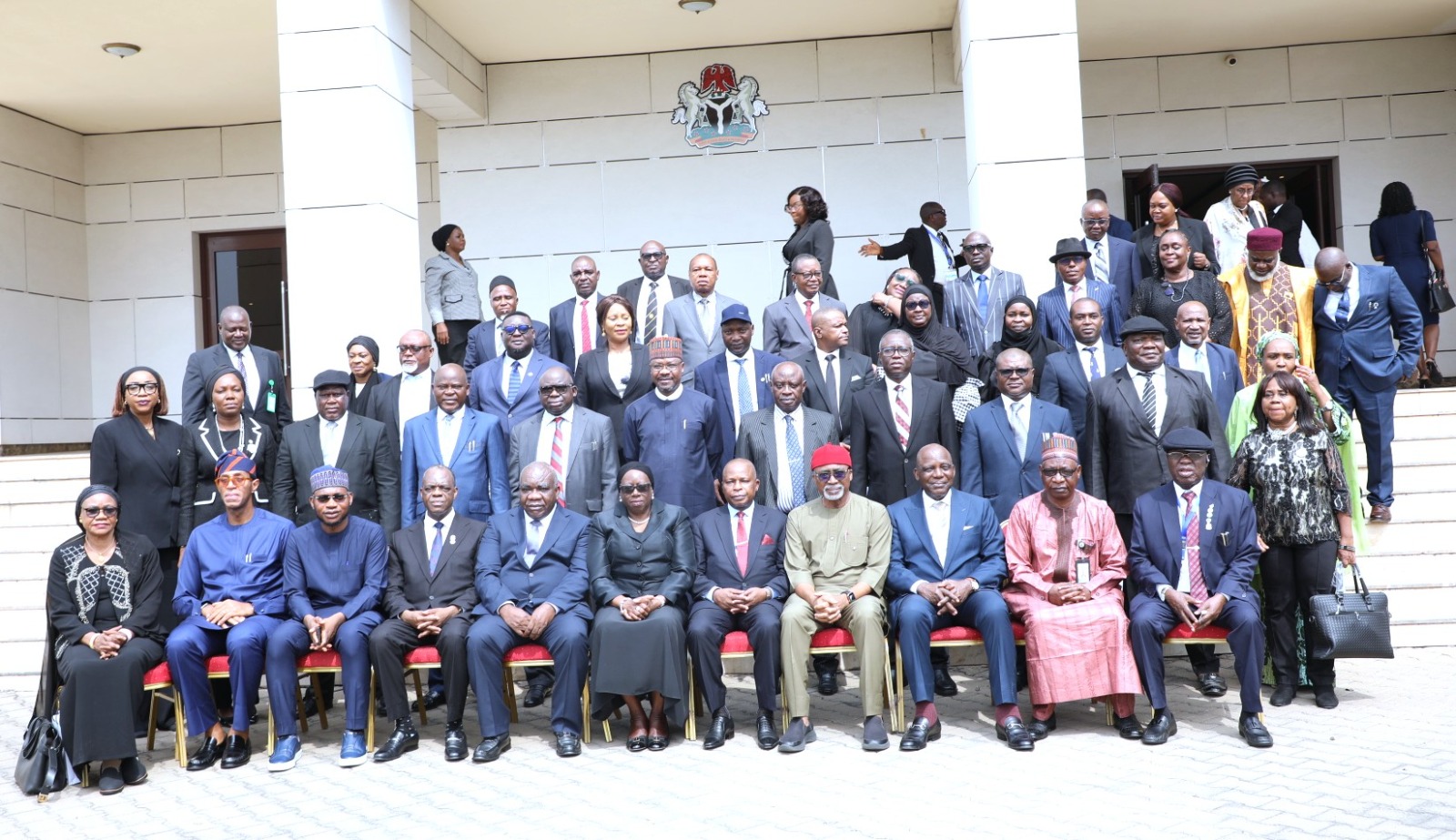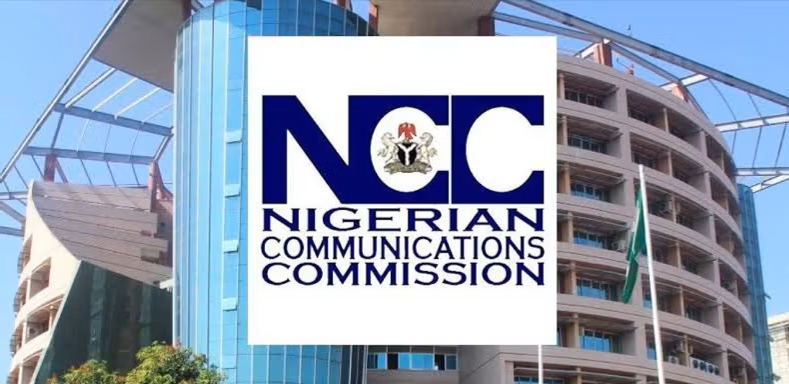By Onyike Kalu
According to former soldier and ex-US Ambassador to Ukraine, Bill Taylor, “The true mark of a leader is the willingness to stick with a bold course of action – an unconventional strategy and a unique roadmap – even as the rest of the world wonders why you’re not marching in step with the status quo. Exceptional leaders understand that in an era of non-stop disruption, the only way to stand out from the crowd is to stand for something special.”
In his five-year stint as the nation’s 22nd Attorney General of the Federation and Minister of Justice, which kicked-off on November 15, 2015, Abubakar Malami has executed the statutory demands of his mandate with boldness, sometimes unconventional strategy and a unique road map. But more importantly, he has functioned within the ambits of law. His brief has indeed been unquestionably a tough one.
The nation’s Chief Law Officer himself confessed that the task of serving as AGF and Minister of Justice in a very diverse and complex country was not only daunting but enormous in view of the administration’s key policies aimed at addressing the challenges of corruption, economy and security.
“It is without doubt that these policy areas are intricately intertwined with the law, without which they are dead,” an unassuming Malami had revealed, adding that the policy thrust of the administration put his ministry “on serious work mode” from the first day he stepped into office.
The vision of the Federal Ministry of Justice is “to make justice accessible to all, consistent with the ideals of democracy and rule of law.” Its mission is “to maintain the highest level of professionalism, loyalty to the ideals of fairness and sustenance of a healthy relationship between all arms and tiers of government.”
The Ministry is the federal government’s primary institution responsible for the promotion of constitutionalism, provision of legal services, administration of justice and the socio-economic and political development of the country.
It is charged with providing of legal advice and services to the government, promotion of legal rights of the citizens and interfacing between the Executive and Judicial arms of government. It also interfaces between Executive and Legislature by supporting legislative (drafting) process, facilitating a responsive legal system capable of addressing topical and emerging legal issues and public needs with efficiency and transparency.
Although Malami has kept faith with his promise to only improve on his predecessors’ achievements, be creative and innovative in his approach while encouraging/accommodating individuals and groups with great ideas, he has certainly gone beyond these.
In the arena of initiation and creation of legal instruments with which the administration functioned, the AGF’s contribution to the drafting of various Presidential Executive Orders, particularly numbers six and eight can hardly be glossed over.
Executive Order number Six relates to the Preservation of Assets Connected with Corruption, while Order Eight governs the Voluntary Offshore Assets Registration Scheme (VOARS). The VOARS, unveiled on April 2, 2019, is essentially targeted at tracking and stopping illicit financial flows in and out of the country.
Under his watch, the various legal instruments introduced uniquely revolutionised the government’s war against graft and impunity in the management of public resources.
As the coordinator of the implementation of Executive Order No. 6, he worked with other enforcement authorities – the Central Bank of Nigeria (CBN), the Nigerian Financial Intelligence Unit (NFIU), the Nigerian Immigration Service (NIS), among others, to ensure that assets connected to corruption, belonging to anyone linked to corruption related investigation or prosecution, are duly protected.
AGF Malami worked very hard to ensure the launch of the document called the National Judicial Policy (NJP), which points the nation’s direction in justice administration, particularly as it relates to criminal justice.
Besides preparing and reviewing of court processes, and representing the Federal Government in litigation, the Federal Ministry of Justice, under him, designed a broad policy framework aimed at improving the judicial process and enhanced citizens’ access to justice.
Activities undertaken in that regard included the assessment of criminal cases that were being prosecuted by lay police prosecutors before the enactment of the Administration of Criminal Justice Act (ACJA) 2015; the establishment of Justice Sector Reform Committees (JSRC) in about 26 states and the provision of sentencing guidelines for judges.
His ministry’s contribution to the establishment of a Virtual Automated Case Management System (VACMS) by the federal government represented a crucial step forward.
The VACMS is intended to integrate prosecution data with the existing Prison Information Management System (PIMS) by incorporating an integrated biometrics prisoners’ information technology to fast-track prison decongestion in Nigeria.
Additionally, Malami made significant efforts in the establishment of the Presidential Committee on Prisons Reform and Decongestion (PCPRD), headed by the Chief Judge of the High Court of the Federal Capital Territory (FCT), Justice Ishaq Bello.
He is equally credited with aiding the success of federal government’s initiative deployed to address the challenge of dealing with the army of arrested Boko Haram suspects, who were kept for years in various detention centres, unattended to by the previous government. There is more.
On the crucial asset recovery front, Malami recorded significant milestones as well as collaboration with foreign partners in that regard, which he attributed to the Asset Recovery and Management Unit (ARMU) of the Ministry of Justice.
His boldness also facilitated the ministry’s roles in courting international and national cooperation in the recovery of stolen assets, Open Government Partnership (OGP) Initiatives (which are directed at ensuring transparency in the management of government’s affairs) and reforms of anti-corruption policy and electoral law.
His effort here led to increased international engagement with more than seven countries: United Kingdom, United States of America, Switzerland, France, Italy, Island of Jersey and United Arab Emirate (UAE).
It is noteworthy that under his watch, the Federal Ministry of Justice, released the National Anti-Corruption Strategy Framework (NACSF) for collaboration by all the relevant agencies.”
NACSF revolves around five pillars: prevention of corruption, public enlightenment, campaign for ethical re-orientation, enforcements and sanctions/recovery of proceeds of corruption.
NACSF was designed to identify and close existing gaps in the anti-corruption initiatives inherited by the administration and emphasise the institutionalisation of result-based systems and structures as well as appropriate incentives for increasing and sustaining citizens-driven anti-corruption crusade.
It was equally directed at ensuring the effective implementation of preventive anti-corruption policies such as the Treasury Single Account (TSA), the Bank Verification Number (BVN), enhanced application of the Code of Conduct legislation and the Integrated Payroll and Personnel Information System (IPPIS), some of which the administration inherited.
Besides his facilitation of the repatriation of $321 million Abacha loot; the signing of MOU between World Bank, Nigeria and Switzerland for the early return and transparent management of $322.5m stolen assets from Switzerland, which has since been repatriated back to Nigeria, he also led the Nigerian team in the signing of MOU on the modalities for the return of stolen assets between Nigeria and the UK.
According to the AGF, “Negotiations are underway for the return of $500 million worth of assets located in the United States, Island of Jersey and France; the recovery to the Federal Government of Nigeria of over $73 million as ordered by the UK Commercial Court being part of the proceeds from the sale of OPL 245 by Malabu Oil and Gas Company to ENI/Shell.”
It could also be recalled that Malami inaugurated a team to facilitate the review of existing laws, particularly those relating to anti-corruption, transparency and accountability in governance.
The team came up with numerous Bills, among which are the Money Laundering Prevention and Prohibition Bill 2017; Anti-Terrorism Prevention and Prohibition Bill 2017; Nigerian Financial Intelligence Unit Bill 2017; Proceeds of Crime Bill 2017; Public Interest Disclosure and Witness Protection Bill, 2017; and the Mutual Legal Assistance in Criminal Matters Bill, 2017.
The NFIU Bill has since been passed by the National Assembly and was assented to by President Buhari in July, 2018.
Beyond the sterling positives Malami has recorded within his five-year stint, he has also spawned some controversies. But it is impossible to carry out the demands of his office and brief without stepping on some big, powerful toes and courting controversy.
Taking in the big picture, the notable alumnus of the University of Maiduguri has certainly delivered in a most challenging period.
· Kalu is a public issues analyst based in Umuahia, Abia State























Leave a comment